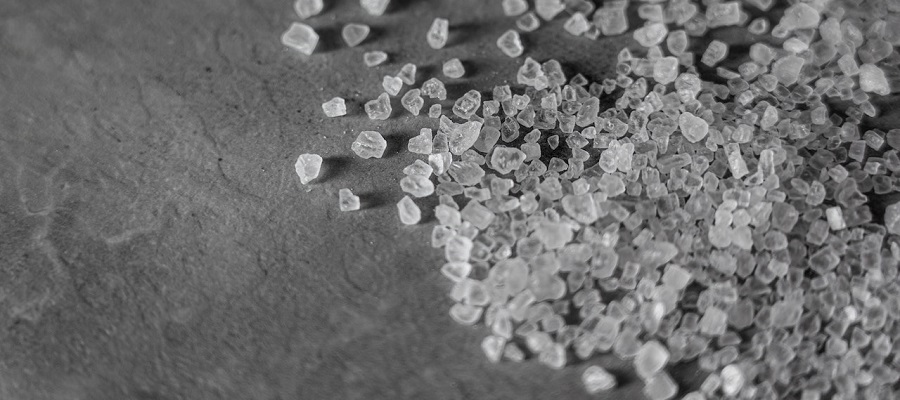Ice cream is a frozen dessert made from a mixture of cream, milk, sugar, and flavorings. It is typically churned to create a smooth, creamy texture and is served cold. Here are some other things you may want to know about ice cream:
-
History: Ice cream has been enjoyed for centuries, with the first recorded references dating back to ancient China and Rome. In the United States, ice cream became popular in the 18th and 19th centuries, and it has continued to be a popular treat around the world.
-
Types: There are many different types of ice cream, including traditional flavors like vanilla, chocolate, and strawberry, as well as more unique flavors like mint chocolate chip, rocky road, and cookie dough. Ice cream can also come in different forms, such as hard-packed ice cream, soft serve, and ice cream sandwiches.
-
Ingredients: The main ingredients in ice cream are cream, milk, and sugar. These ingredients are combined and churned to create a smooth, creamy texture. Other ingredients, such as flavorings, fruit, and nuts, can be added to create different flavors.
-
Nutrition: Ice cream can be a source of protein, calcium, and other nutrients, but it is also high in sugar and calories. It's important to consume ice cream in moderation as part of a healthy, balanced diet.
-
Storage: Ice cream should be stored in the freezer at a temperature of 0°F (-18°C) or lower. It's important to keep ice cream properly sealed in the freezer to prevent it from picking up flavors or odors from other foods.
-
Serving: Ice cream is typically served cold in a cone or cup, and it can also be used as an ingredient in other desserts, such as sundaes, milkshakes, and ice cream cakes. It's important to pay attention to portion sizes when serving ice cream, as it can be high in calories.
Is ice cream harmful to health?
Like many foods, ice cream can be part of a healthy, balanced diet in moderation. However, it's important to pay attention to portion sizes and to choose options that are lower in sugar and calories when possible.
Ice cream can be a source of protein, calcium, and other nutrients, but it is also high in sugar and calories. Consuming too much ice cream can contribute to weight gain and increase the risk of certain health problems, such as tooth decay and high blood pressure.
It's important to consume ice cream as part of a healthy, balanced diet that includes a variety of foods from all food groups. It's also a good idea to choose lower-fat and lower-sugar ice cream options when possible and to pay attention to portion sizes.
How many times a week are children allowed to eat ice cream?
There is no specific guideline for how often children should eat ice cream, as the frequency of ice cream consumption will depend on a child's age, activity level, and overall diet.
Ice cream can be a tasty treat, but it is high in sugar and calories, so it's important to consume it in moderation. Encouraging children to eat a variety of foods from all food groups, including fruits, vegetables, whole grains, lean protein sources, and low-fat dairy products, is important for optimal growth and development.
It's also a good idea to encourage balanced meals and snacks that include a combination of protein, carbohydrates, and fat to provide sustained energy. Limiting sugary foods and drinks, including ice cream, can help children maintain a healthy weight and reduce the risk of health problems like tooth decay and high blood pressure.
Ultimately, the frequency of ice cream consumption for children should be guided by their overall diet and lifestyle, as well as the specific nutritional needs of the individual child. It may be helpful to consult with a healthcare professional or a registered dietitian to determine the appropriate frequency of ice cream consumption for your child.
Can ice cream be made at home?
Yes, it is possible to make ice cream at home. There are several methods for making ice cream, including using an ice cream machine or making it without an ice cream machine.
To make ice cream using an ice cream machine, you will need a machine that can churn the mixture while it freezes. There are several types of ice cream machines available, including electric machines with a built-in freezer and hand-crank machines that require ice and rock salt.
To make ice cream without an ice cream machine, you will need to freeze the mixture in a shallow container and stir it every 30 minutes to prevent ice crystals from forming. This process can take several hours, and the resulting ice cream may have a softer texture compared to ice cream made with an ice cream machine.
To make ice cream at home, you will need a base mixture made with cream, milk, sugar, and flavorings. Other ingredients, such as fruit or nuts, can be added to the mixture to create different flavors. Once the mixture is prepared, it can be churned in an ice cream machine or frozen in a shallow container.
Making ice cream at home allows you to control the ingredients and customize the flavors to your liking. It can also be a fun and rewarding activity to do with children or friends.


